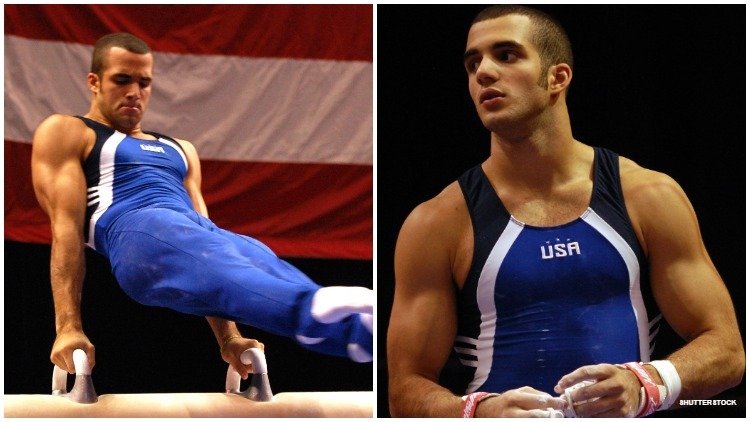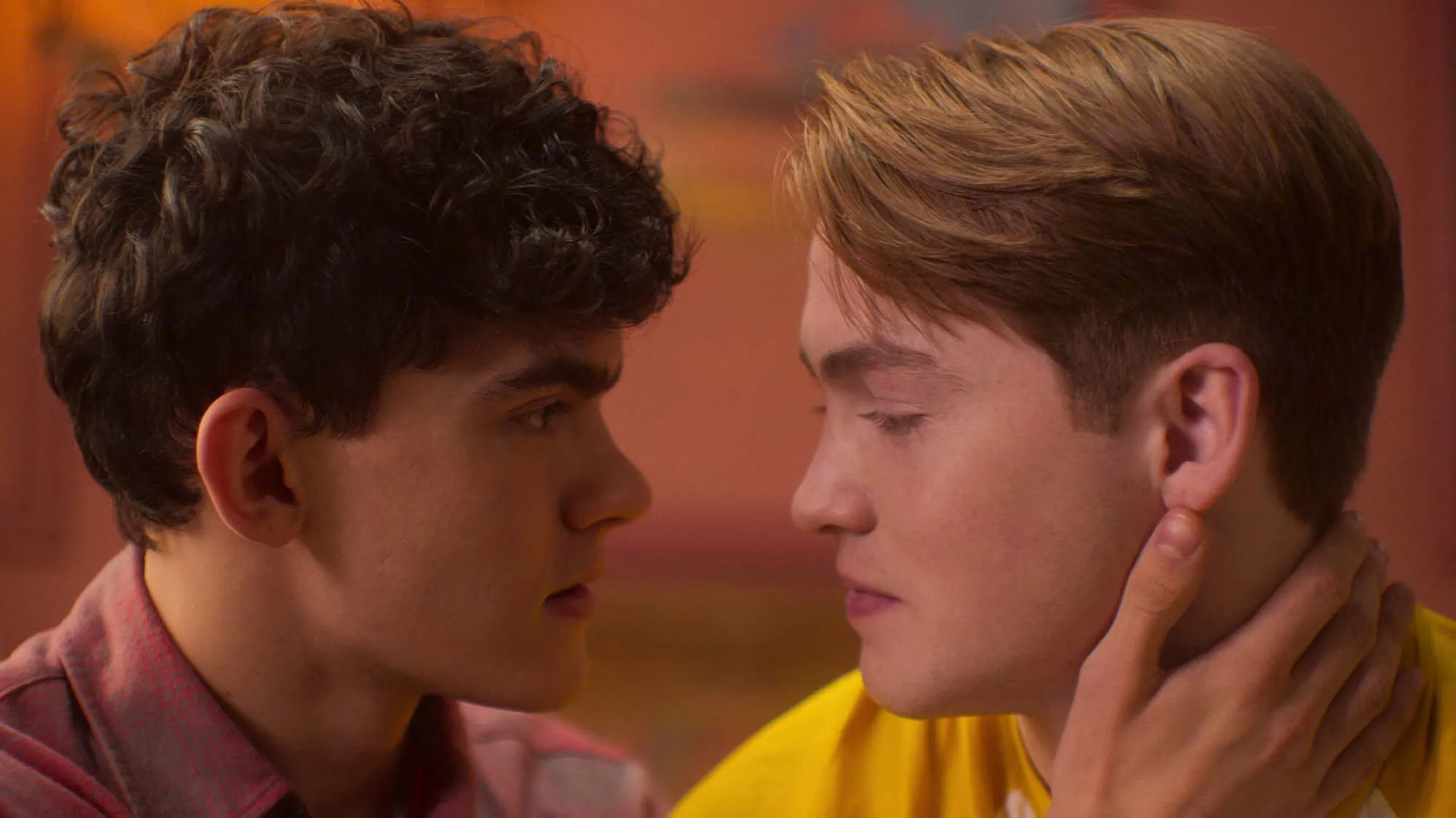When a friend suggested to gymnast Danell Leyva he post a message of support in honor of Coming Out Day recently, the three-time Olympic medalist instead decided to use the occasion to write his own coming out story on Twitter. He told the Olympic Channel the decision was difficult, in large part due to his own stubbornness and the fact he still doesn’t quite know how to identify, but he chose to go public in order to help others.
“I didn’t think it was gonna blow up the way it did,” Leyva said, noting that the responses were both positive and comforting.
Leyva explained that the decision to come out was made more complicated and difficult due to the very same traits of stubbornness and determination that helped him win a bronze medal in the 2012 Olympics and two silver medals in the 2016 summer games. He hated the stereotypes associated with being queer, and he didn’t want to give “those people the satisfaction of being right because it doesn’t come from a good place.”
According to Leyva “it wasn’t somebody that was trying to help us understand [our sexuality]. It was just somebody pointing at us and that doesn’t feel good.”
A thread for #NationalComingOutDay
— Danell Johan Leyva (@DanellJLeyva) October 11, 2020
For a long time I’ve known that I wasn’t straight. But because of certain very personal reasons, I always rejected that side of me. Earlier this year I finally understood that I’m bi/pan (still trying to figure that one out) but…
In his posts, he admitted he was still figuring out if he was bisexual or pansexual, so he was pleased by the enlightened and supportive responses he received online.
“It was nice to have people be like, ‘You don’t have to label it. You don’t have to just be ‘a thing’. It’s an ever-changing fluid thing, so you don’t have to worry about that.’”
The 28-year-old Leyva was born in Matanzas, Cuba, but raised in Miami, Florida. Growing up a closeted queer athlete in a traditionally conservative ethnic community was not easy. He even tried to reject his sexuality due to the influence.
“I always knew. It was always just very rejected, internally rejected because of the way that we’re all raised,” Leyva explained. “And especially coming from Hispanic family, it’s very much rejected.”
Leyva isn’t rushing to label his sexuality these days. For now, he’s enjoying the freedom of living out and open, and hoping for the day when a person’s sexuality is as “irrelevant as whether or not you’re right or left-handed.”
Via Out






Be the first to reply